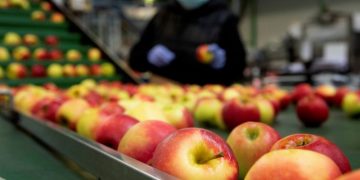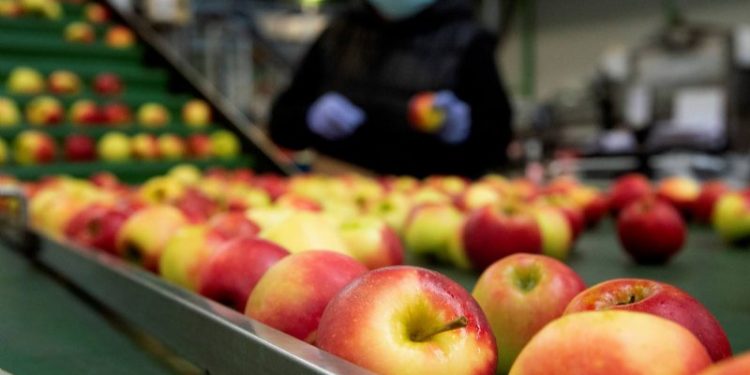Discover the latest insights into the thriving Dutch horticultural industry, as we delve into the significance of fruit as the primary export product for the Netherlands. Uncover the data-backed trends, explore the reasons behind this success, and gain valuable insights for farmers, agronomists, agricultural engineers, farm owners, and agricultural scientists.
Article:
The Dutch horticultural industry has long been known for its innovation, productivity, and global competitiveness. In recent years, a remarkable shift has taken place, with fruit emerging as the most important export product for the Netherlands. According to the latest data from Nieuwe Oogst, fruit now reigns supreme, signifying a transformative phase for the country’s agricultural sector.
With an export value of over €1.8 billion in 2022 alone, fruit has outpaced traditional horticultural commodities such as flowers and vegetables, highlighting the changing dynamics in the global market. This growth can be attributed to several factors, including evolving consumer preferences, improved cultivation techniques, and favorable climatic conditions.
Consumer demand plays a pivotal role in shaping the agricultural landscape, and the rise in fruit exports can be largely attributed to shifting dietary habits and increased awareness of the health benefits associated with fruit consumption. As more people embrace healthier lifestyles, the demand for fresh and nutritious fruits continues to surge. The Netherlands, with its advanced production systems and high-quality produce, has positioned itself as a major supplier to meet this rising demand.
Furthermore, Dutch farmers have been quick to adopt innovative cultivation methods and technologies that optimize yield, quality, and sustainability. This commitment to precision agriculture, coupled with extensive research and development, has allowed them to maximize production efficiency, reduce resource wastage, and minimize environmental impact. As a result, the Netherlands has earned a reputation as a global leader in efficient and sustainable fruit production.
The favorable climatic conditions in the Netherlands, particularly in fruit-growing regions such as Betuwe and Westland, have also played a crucial role in the ascent of fruit exports. The country’s moderate maritime climate, combined with advanced greenhouse technologies, enables year-round production of high-quality fruits. This advantage has allowed Dutch farmers to maintain a consistent supply of fresh produce, meeting the demands of international markets throughout the year.
In conclusion, the Netherlands has witnessed a remarkable transformation in its horticultural exports, with fruit taking center stage as the most important export product. This shift is a testament to the adaptability, innovation, and dedication of Dutch farmers, agronomists, agricultural engineers, farm owners, and agricultural scientists. By embracing changing consumer preferences, adopting advanced cultivation techniques, and capitalizing on favorable climatic conditions, the Netherlands has solidified its position as a global powerhouse in fruit exports.
Tags: Dutch horticulture, fruit exports, agricultural industry, consumer demand, cultivation techniques, sustainable farming, precision agriculture, global competitiveness, climate advantage.































